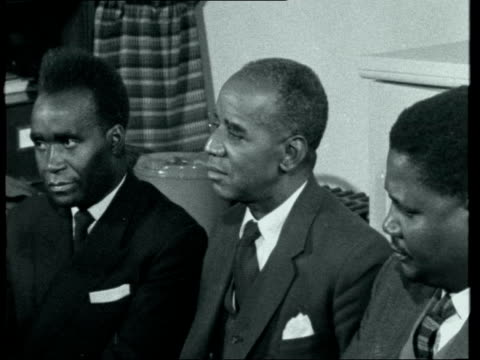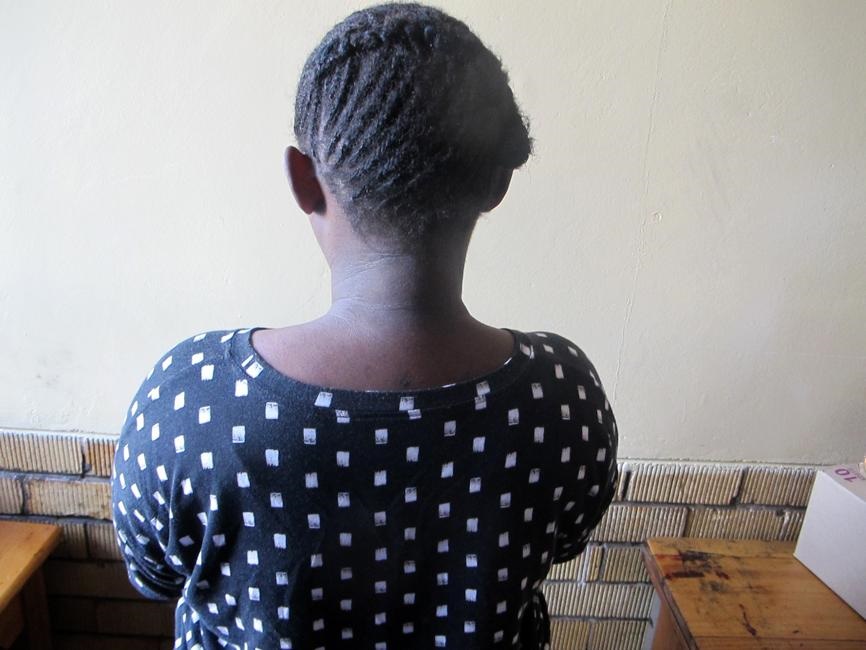Zambia’s Kenneth Kaunda – who died Thursday – was one of a generation of African leaders who led struggles to break free from the continent’s European colonisers.
Here are profiles of him and his 10 most prominent peers.
Zambia: Kenneth Kaunda
Dubbed the “African Gandhi” for his non-violent independence-oriented activism, he became the first president of independent Zambia in 1964.
Describing himself as socialist and with close ties to Moscow, he led the country for 27 years mainly under a single-party system.
His poor management resulted in a grave economic and social crisis.
After riots in 1991 he accepted free elections, where he was defeated.
Ghana: Kwame Nkrumah
Nkrumah led the independence drive for the Gold Coast, which in 1957 broke free of Britain to become Ghana, the first independent nation south of the Sahara.
Its first prime minister, Nkrumah was elected president in 1960 and began a personality cult around himself as the “Redeemer”.
The socialist was ousted during a coup in 1966 and died in exile in Romania in 1972.
Guinea: Ahmed Sekou Toure
Dictatorial Sekou Toure was Guinea’s first president after independence in 1958 and held on to power until his death in 1984.
He was the only leader of a French colony to choose not to be part of a Franco-African Community with limited autonomy, opting instead for outright independence.
Senegal: Leopold Sedar Senghor
The poet and statesman became Senegal’s first president in 1960, transforming the country into one of Africa’s first democracies by allowing a multi-party system.
He stepped down 20 years later and retired to France, where he died in 2001.
Like other key players in the decolonisation of francophone Africa, Senghor had been involved in French politics while fighting for his country’s emancipation.
Kenya: Jomo Kenyatta
A former activist of the violent Mau Mau struggle who was imprisoned for several years by the British, Kenyatta led Kenya to independence in December 1963 until his death in 1978.
Yet, as president, he advocated reconciliation with Britain, with which he maintained close links.
Tanzania: Julius Nyerere
Nyerere in 1954 founded the independence-oriented Tanganyika African National Union (TANU), which led the British colony to independence in 1964 as Tanzania.
A supporter of African socialism, he was nicknamed “The Teacher” and governed until 1985, bowing out of his own accord.
In 1979, he declared war on the Ugandan regime of Idi Amin, finally delivering the country from the control of the brutal dictator.
After retirement, Nyerere was called to several mediation missions, including during Burundi’s civil war. He died in London in 1999.
Malawi: Hastings Kamuzu Banda
Banda returned from Britain where he had been working as a doctor to what was then the protectorate of Nyasaland in 1958 and led the push for independence from London in 1964.
In 1966, the ferocious anti-communist became Malawi’s first president, and exercised a tight grip on power for three decades.
In 1993, under international pressure and criticism of his rights record, he accepted a referendum on multi-party rule and was defeated at the first democratic elections in 1994.
He died in South Africa three years later.
Botswana: Seretse Khama
Khama co-founded the Botswana Democratic Party (BDP) in 1962, becoming prime minister in 1965. He helped negotiate the terms of Botswana’s independence from Britain in 1966.
Botswana’s first post-independence president, the highly popular Khama died in 1980 while still in power. His party has ruled Botswana since independence and his son, Ian Khama, was president from 2008 to 2018.
Mozambique: Samora Machel
Having fought against the Portuguese colonial power at the head of Marxist movement Frelimo, Machel became Mozambique’s first president in 1975, setting up a Marxist-style system.
But he immediately had to deal with a guerrilla movement backed by South Africa.
He died in October 1986 when his plane crashed in South Africa in circumstances which remain unclear.
Zimbabwe: Robert Mugabe
Mugabe spent 10 years in prison for his role in the struggle to rid the former British colony of Rhodesia of white-minority rule.
After his release, he took refuge in Mozambique from where he led the guerrilla war which gained Zimbabwe’s independence in 1980.
As prime minister and then president, Mugabe initially won plaudits for his policy of racial reconciliation, but later established an authoritarian regime that crushed dissent.
The military forced him to stand down in 2017, when he was aged 93 and had been in power for 37 years. He died in September 2019 in Singapore.
Mali: Modibo Keita
Despite espousing a form of African socialism, Keita claimed descent from the Muslim dynasty that headed the great medieval Malian empire.
He climbed the political pole of what was then the French Sudan, becoming mayor of the capital Bamako and later a French MP. He was briefly premier of the short-lived Mali Federation which included neighbouring Senega, before becoming Mali’s first president in 1960.
Keita was overthrown in a coup eight years later and remained a prisoner of the military until his death in 1977.




